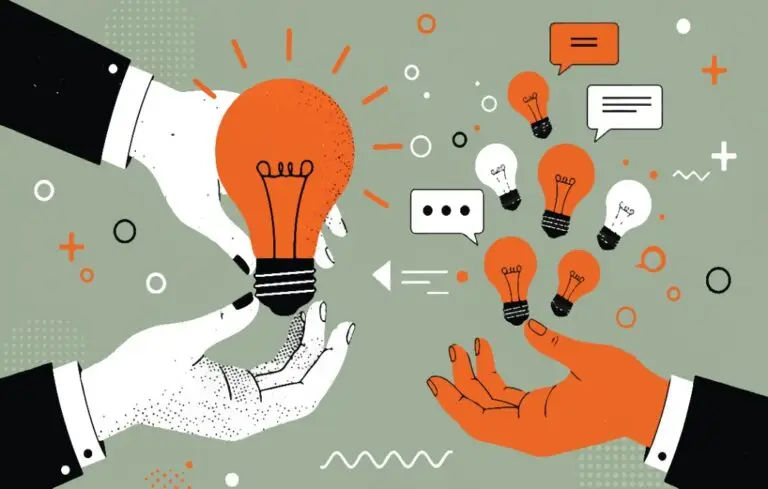Many companies reacted to the devastation of Hurricane Harvey in the Houston area, both with aid for those affected generally and with dispatch to relieve their own operations in the area.
But Ford might have been readier to respond than many others. And certainly few post-Harvey efforts have been more massive than those by the automaker based more than a thousand miles away in Dearborn, Mich.
As the man who is in charge of the automaker’s U.S. marketing, sales and service operations, Vice President Mark LaNeve has led much of the company’s mitigation effort. He plunged personally into beginning to guide Ford, its Houston-area dealers and thousands of local customers through the flooding, muck and mire to the other side of the disaster.
“We’re a family company, and our dealers feel like part of our family,” LaNeve told Chief Executive. “The first bad weekend I must have had 300 text messages personally from dealers. It’s part of being there when these kinds of terrible events take place, and it’s also important in the rebuilding process.”
“DEALERS’ customers were traumatized and in a big hurry to get a new vehicle. The easiest thing to do was offer our employee price.”
As Harvey and its power slowly flooded and unraveled the Houston area, LaNeve occupied an uncommonly keen vantage point for understanding the disaster that was unfolding under each new inch of rain. Previously in his career, he had been head of Volvo Cars N.A. and the Cadillac brand, and was GM’s marketing, sales and service chief for several years.

Then in 2009, LaNeve took an off ramp from the auto industry to become senior vice president and chief marketing officer at Allstate Insurance in Chicago. While at Allstate, he helmed the widely acclaimed and award-winning “Mayhem” campaign.
But nothing imagined even in that continuing series of Allstate commercials about insurance disasters could have prepared LaNeve or anyone else for what Harvey unleashed on Houston, including its Ford dealers and employees. About 80% of the company’s 115 dealers in the immediate affected area took on some sort of wind or water damage, and about a dozen suffered “really catastrophic damage, including much of the dealership and their inventory being underwater,” LaNeve said.
Ford was ready procedurally, based in part on lessons learned from coping with the results of Hurricane Katrina in 2005 and Hurricane Sandy in 2012. “It’s a pretty elaborate checklist of 55 to 60 different processes,” LaNeve explained. “It starts with getting some assessment of whether our employees are OK, including our field-service team and parts depot. Then checking with dealers, and whether their people are accounted for.”
The next step, to which Ford pivoted quickly in the case of Harvey, was “to try to get our dealers back in business, to help them to rebuild.” In that regard, Ford dropped its finance people into Houston along with insurance adjusters to begin cutting checks to dealers, “so they could continue to make payroll and take care of their people,” LaNeve said. Ford also “is trying to rapidly refill inventory, both new and used, to meet what seems like an almost-immediate demand for vehicles. We need to get dealers back on board.”
Meanwhile, Ford dealers elsewhere in Texas, and their state association, were putting together about $1 million for relief of affected dealers and their employment base in Houston. Dallas Cowboys owner Jerry Jones raised another $200,000. And Ford Motor Co. itself was prepared to match the total of those efforts up to $1.5 million. Ford and its Texas dealers also are contributing to general relief efforts in Houston.
For owners of Ford vehicles damaged or destroyed in the flood, the company is making an offer that may be unique: giving replacement-car customers the same discount level as company employees receive, under its “Texas is Family” initiative.
“We talked to a lot of dealers, who’d been talking to customers, and their customers were traumatized and in a big hurry to get a new vehicle,” LaNeve said. “The easiest thing for us to do was offer our employee price; that’s an incremental incentive to everything else we’re doing.
“And over the [last] weekend, we already wrote a lot of business.”







